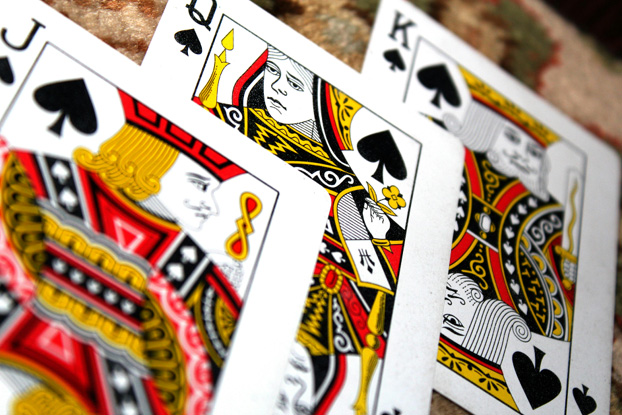|
The world has changed significantly since the 1970s, and it's not an exaggeration to say that some aspects of modern life would be completely alien to the population of fifty years ago. Even in areas that aren't radically different, the decades have brought a whole host of changes. Those changes haven't always been positive, as anyone who listens to the Billboard 100 will know. Music in the 70s was better, no doubt. But in some areas, the developments have been unanimously positive. That's certainly the case with poker, which has gone from a niche pastime back in the 1970s to a global powerhouse today. Let's take a closer look at what poker's journey over the past fifty years has led to.  From Niche Hobby to Global Powerhouse No one knows for sure how many people played poker back in the 1970s, but it probably wasn't much more than a few million, nearly all of whom would have been based in the United States. Today, thanks to the internet, poker is a global game that attracts, according to one commonly shared statistic, some 100 million regular players. That's quite a glow-up for a game that was on the fringes of mainstream culture just a few years ago. An Abundance of Resources A person interested in learning poker back in the 1970s could certainly have done so, but it would be more difficult than it is today. Unless they had a friend to teach them or lived near a casino, they'd have to hope that they could find poker-related books in their local library. Today, that's all changed. Part of the reason why there are so many poker players today is because it's easy to learn poker online. Anyone with an internet connection and some time can get a grasp on the basics in a matter of hours, and there are also a host of more advanced resources that can help newcomers quickly become competent players. While it's hard to quantify, it's reasonable to assume that players today can learn in a matter of months what would have taken them years to learn back in the 1970s. Rising Standards The greatly increased number of poker players doesn't just make it easier to find a game to join. It's also helped to raise the standards of the game. Back in the 1970s, poker success was primarily based on experience; today, the most successful players draw upon advanced strategies and theories. Just as with most mainstream sports, playing standards have increased significantly, to the point where even the best players of the 1970s would struggle to compete in the games of today. How the 70s Influenced Poker We've mentioned that poker is generally thought of as being 'better' today than it was in the 1970s. However, it's important to keep in mind that modern poker wouldn't be what it is without the 1970s. For instance, while today Texas Hold'em poker is the most popular variant of the game, that wasn't the case until it became the standard variant of the World Series of Poker back in the early 1970s. As interest in poker tournaments grew, Texas Hold'em became the standard variant played around the world. Plus, the modern concept of live-streaming poker tournaments probably wouldn't exist if it wasn't for the televised tournaments of the 1970s.  Will Poker Continue to Evolve? As we've seen, the poker of today is greatly different from the poker of the 1970s, and that's mostly thanks to the rise of the internet, which has helped to skyrocket the game's popularity. We also shouldn't assume that poker won't continue to evolve. While it's unlikely to be as significantly different in the future as the differences between the 1970s and today, evolution is likely. The online poker world is continually evolving, with new strategies and approaches rising all the time. Plus, there's all the technology, such as virtual reality and the metaverse, which will help to create more immersive playing experiences. |